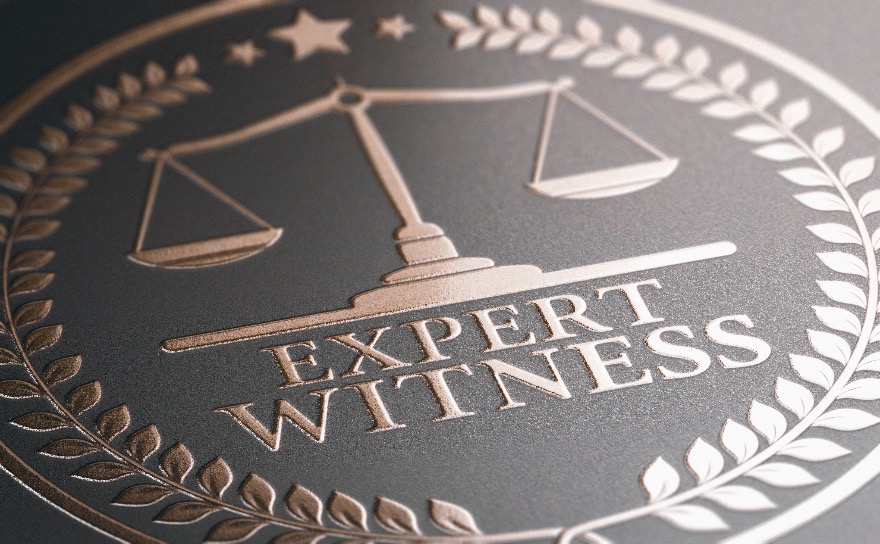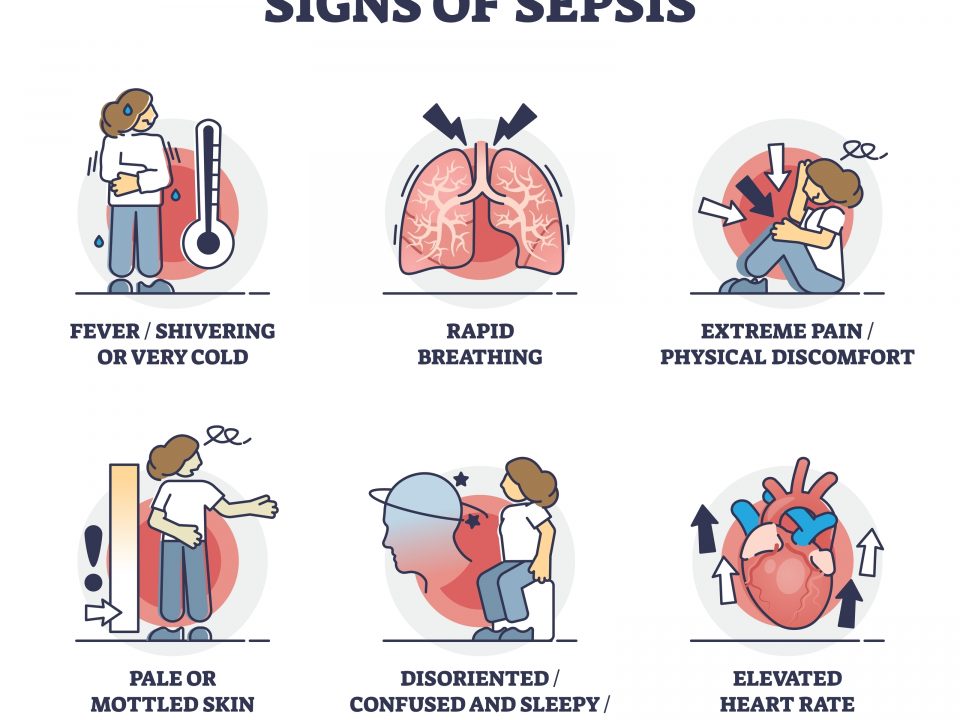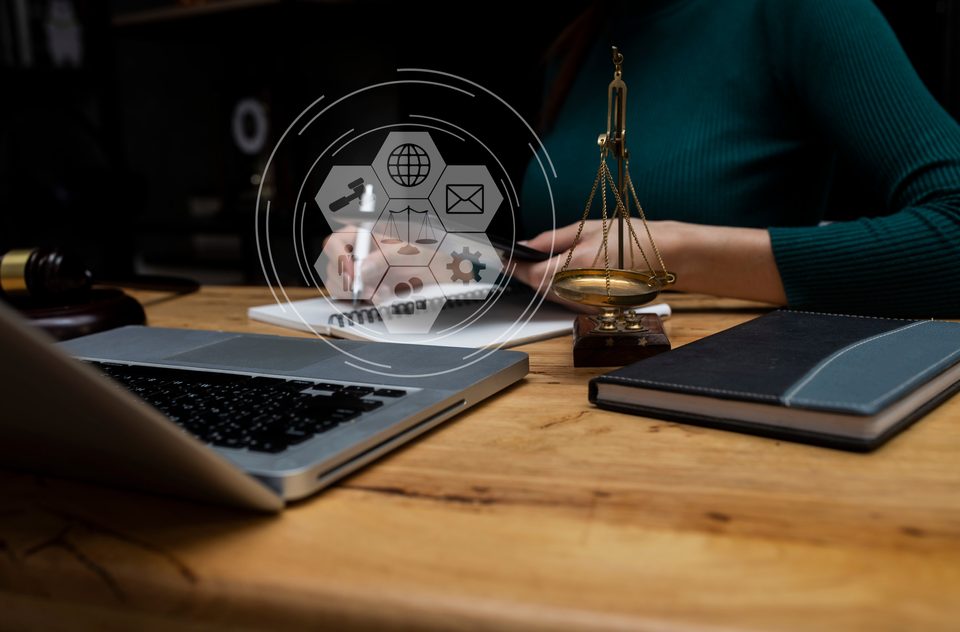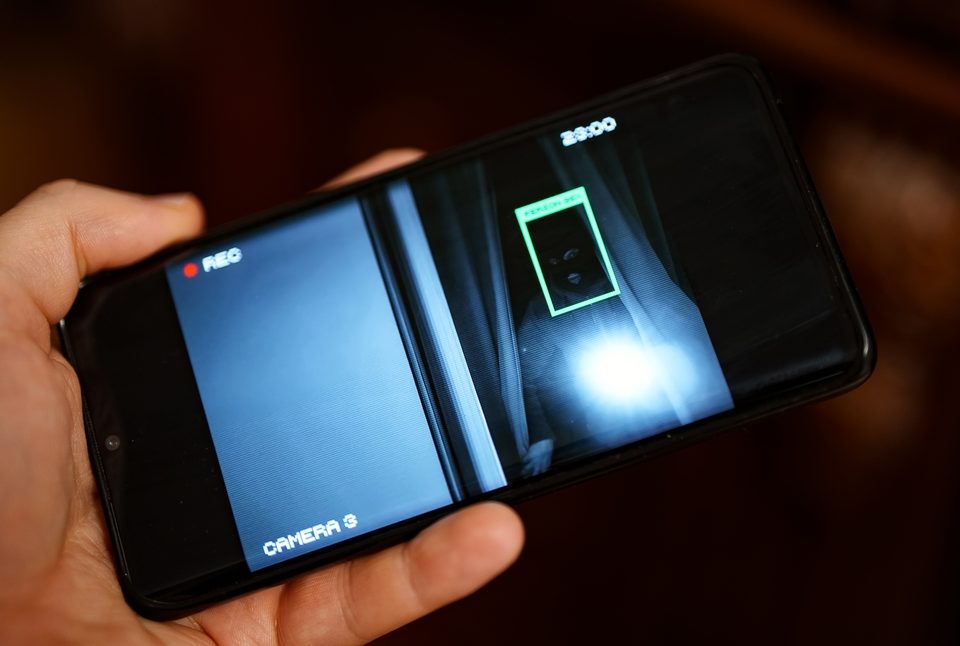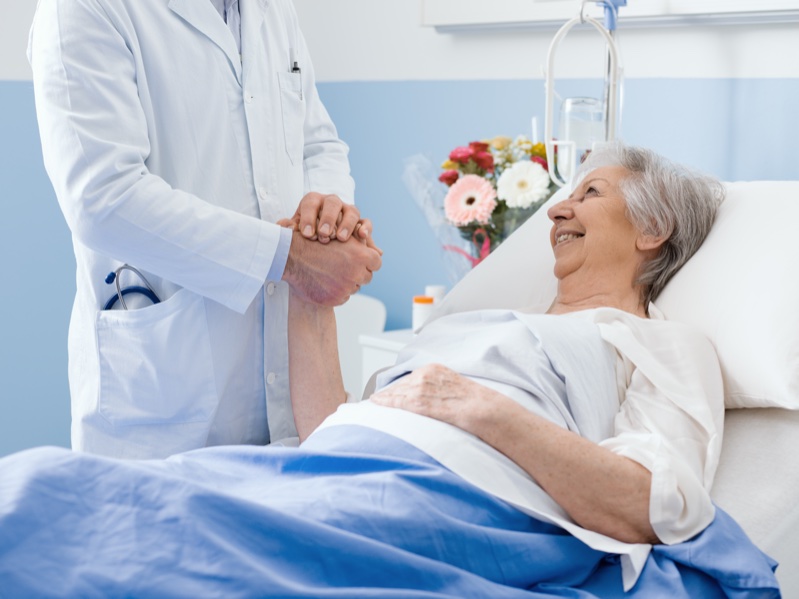
Emergency Department Silver Trauma Post-Fall
20th October 2022
Post Concussion Syndrome – Persistent Symptoms Following Minor Head Injury
4th November 2022Are you experienced in your field?
It is often said that experience is the best teacher. Most professionals who reach a certain level within that profession have the necessary experience to have expertise in their field.
This is certainly true in the field of medicine, where the ability to recognise patterns and make quick decisions can be critical.
However to go from an expert to being an expert witness requires additional skills that come both with experience and with training.
When confronted by a new case the expert witness must not only use their expertise combined with their objective review of all the evidence to provide their opinion.
It is the combination of experience in one’s professional field and experience of the legal process and the tests that must be applied to the evidence when providing such evidence that makes the experienced and reliable expert witness.
Are you objective?
The most important part of being an expert witness is that your opinions should be objective. They are based on the legal tests for the case you are providing an opinion on.
It is (in medicine) not correct for an expert witness to say that they would have done the procedure or undertaken an investigation differentl: the test is, “would a reasonable and responsible body of medical practitioners have done what the practitioner in question did”?
Even if you as the expert disagree with the actions undertaken your opinion should still be objective based on the factual basis of the case ( see below)
Are you the right advocate?
One of the key aspects of being an expert witness is that the expert is a witness and not an advocate for the party who has instructed them to give evidence. This is important especially if there are disputed facts that the expert does not prefer, on the basis of the facts to another.
However having given an opinion the expert can legitimately defend that opinion with evidence thus being an advocate for their opinion, even if it is contrary to the view and case being presented by their instructing party.
Are you pre-judging the facts?
It is an axiomatic statement that there are often 2 (or more) sides to every story. This is just as important in providing expert evidence as your initial instructions are from one party to a dispute who will have one interpretation of the facts in the case. The principle of being an expert witness is that if one was instructed by the other party to a dispute your opinion would be the same.
What often happens however is that the factual basis of the case can be presented differently by instructing solicitors so without the whole body of factual evidence the expert witness may come to differing conclusions.
This was the principle when Lord Wolff produced his report on Civil justice and I remember him saying that as a barrister he had been instructed and provided an advice on a set of papers. Some time later had been asked to produce another advice which he did. It was only after consideration that he felt the background was familiar and he had given advice to both sides in a dispute but had come to differing conclusions.
This was one of the key parts of his reforms that all parties should not be ambushed but evidence should be exchanged and expert evidence produced from all of the available evidence.
Are you using the Bolam test correctly?
Despite many opinions about continuing relevance in medical legal matters, such as well argued points by Dr Simon Fox KC who is a medically qualified barrister, the Bolam test is still a key test when examining a clinical negligence case . Named after the landmark English case Bolam v Friern Hospital Management Committee, this test is used to determine if an expert witness is providing opinions that fall within the range of reasonable and responsible medical practice.
In emergency medicine, there are many different opinions on what constitutes reasonable practice. As a result, it is essential that those giving evidence as experts are able to justify their opinions using the Bolam test.
When applying the Bolam test, the court will firstly consider whether the expert’s opinion is supported by a recognised body of opinion often using a guideline such as those produced by NICE. If there is no such guideline, the court will then look at whether the expert’s opinion is based on a solid foundation of research and clinical experience and is logical.
Despite some questions the Bolam test is still the key question that medical experts should use when looking as standard of care.
Are you providing evidence for your opinion?
There has been recent guidance from both the Academy of Royal Colleges on the role of the expert witness and there have been enquiries as to why there are sometimes a dearth of medical experts for some cases.
While the role of the expert witness can be a rewarding experience, starting on this path without clear consideration of your skills in providing objective and considered opinions can often lead to an unintentional emotional connection with one party or the case they are pursuing.
Becoming emotionally involved and failing to provide an evidence base for your opinions may lead, if the case proceeds to court a sanction from the Judge, to the possible involvement of your professional regulator.
It is not your role to support a position that is not supported by evidence or where the research basis of the evidence is challenged but to give opinions where the evidence that is used to form that opinion is clearly produced as evidence of the court to assess.
Are you able to give an opinion when the facts are unclear or unknown?
When it comes to medico-legal cases, there are times when the facts are unclear or unknown. In these situations, it is important to be able to give an opinion despite the lack of clarity of the evidence but the expert witness should point out that this evidence is lacking and that their opinion may be provisional until the full facts are known.
This is often the case when as a medical expert witness one is involved in the early stages of a claim.
It is important to be clear about what information is known and what is unknown. Any opinion that may be changed if the facts change should be noted and supported by what evidence is available and the reasons that further evidence may alter that opinion.
It is not a weakness to say that based on the evidence produced, your opinion is this but there are other options if the facts are changed.
If you can do all these things, then you will be able to give an informed and objective opinion, even when the facts are unclear or unknown.
Are you being thorough?
One of the key changes in recent reforms of Civil Justice is the introduction of cost limit in cases. While this currently mainly impinges on the solicitors there are moves to extend fixed costs to expert witnesses.
This limit on costs have a direct influence on the amount of material and time an expert witness may be able to assign to a specific case but there is a conflict as the opinions given by the expert needs to be their total opinion based on the evidence and in some medico-legal cases this evidence may be great such as voluminous medical records.
The expert however may have to spend time looking trough such records for evidence on which to base their evidence.
I remember a case where I have produced, from photocopied notes, an expert report and opinion and this case had proceeded to a conference with Counsel.
At the conference the Barrister started reading his copy of the notes and suddenly made a statement that I did not recognise and that completely altered my opinion. On examination of his copy of the notes and my, and indeed the other experts involved, there was a single line at the foot of one page that had been missed on all the expert’s copies.
This was a lesson that even a single line of text, or a single blood test can be the key evidence in the case and if the expert is not thorough in their preparation of the report such evidence may be missed and the report therefore not meet the correct legal standard.
Whether with limited funding and also limited evidence being provided to experts this subjective standard may not be met it is important for the expert to remember that they have both professional standards and legal standards for the provision of reports and only they can confirm whether their evidence meets the appropriate standard

